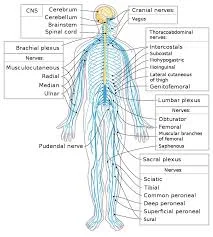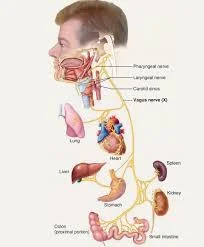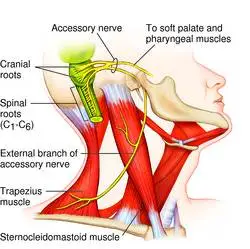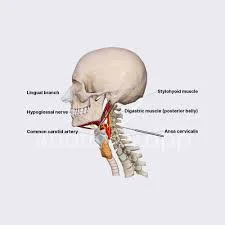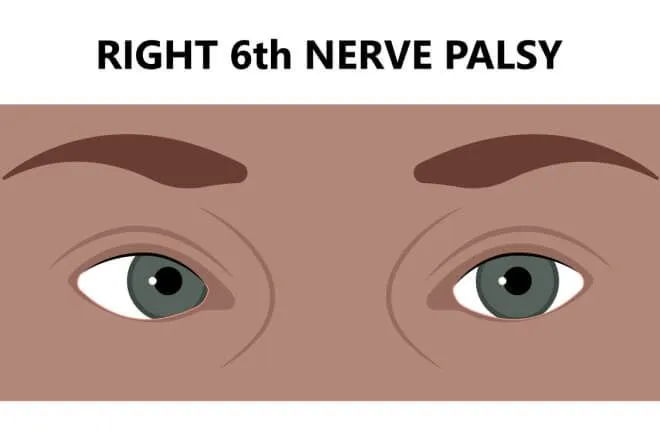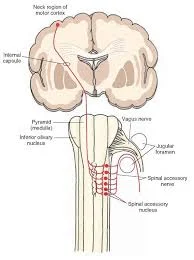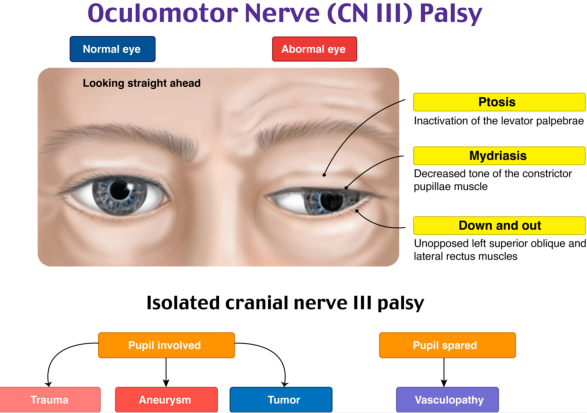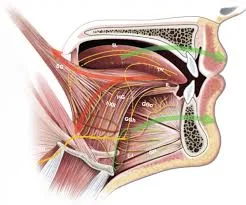List of the Nerves of the Human Body
The human nervous system consists of a vast network of nerves that transmit signals between the brain, spinal cord, and the rest of the body. These nerves are classified into: This system ensures communication and coordination throughout the body. What are Nerves? Nerves function like cables, carrying electrical impulses between your brain and the rest…

